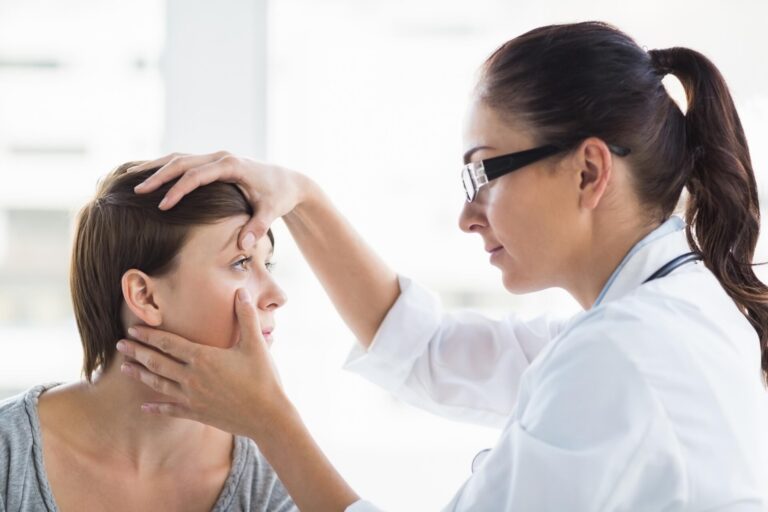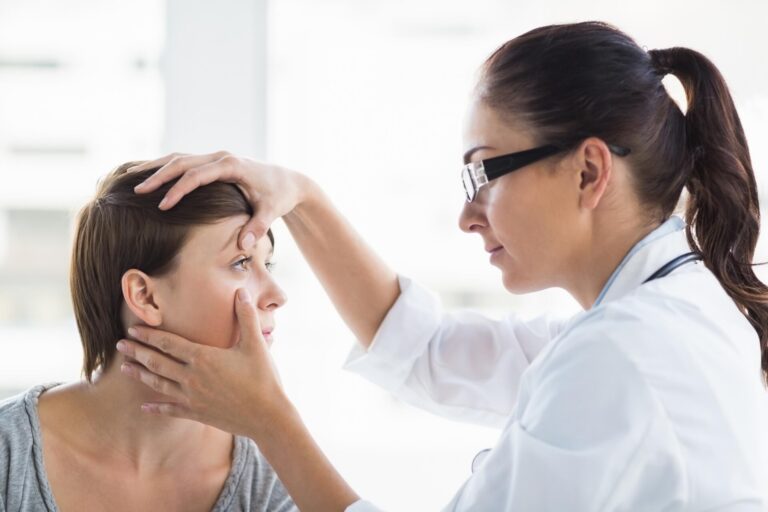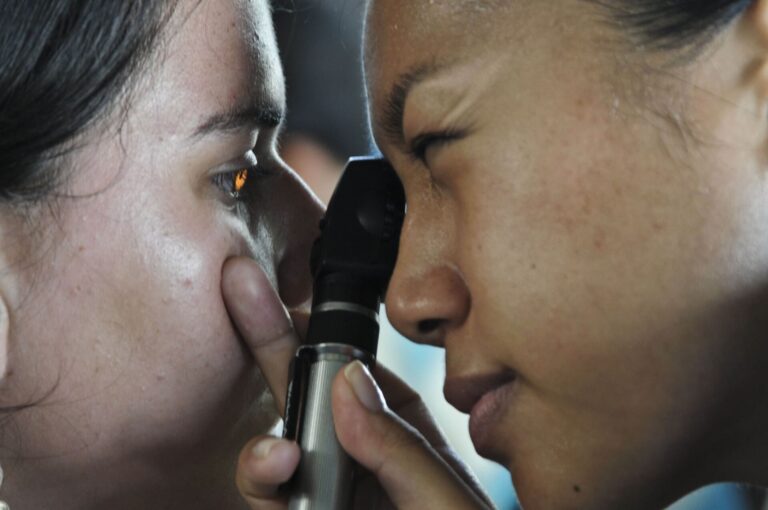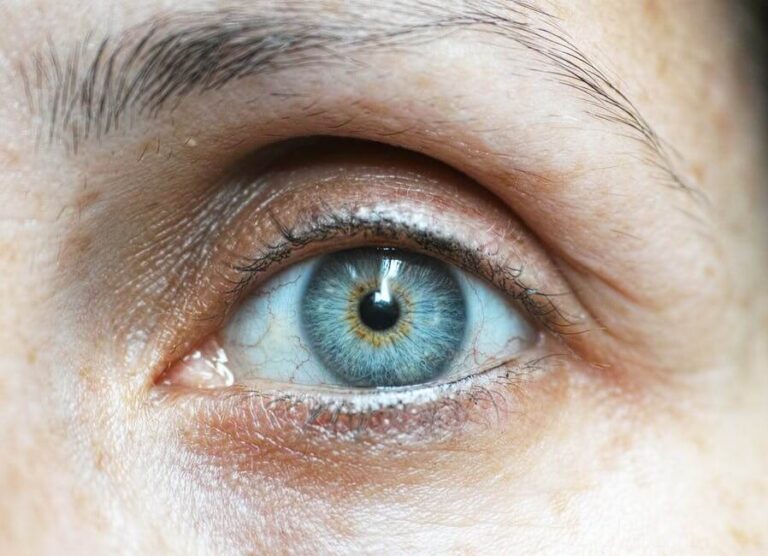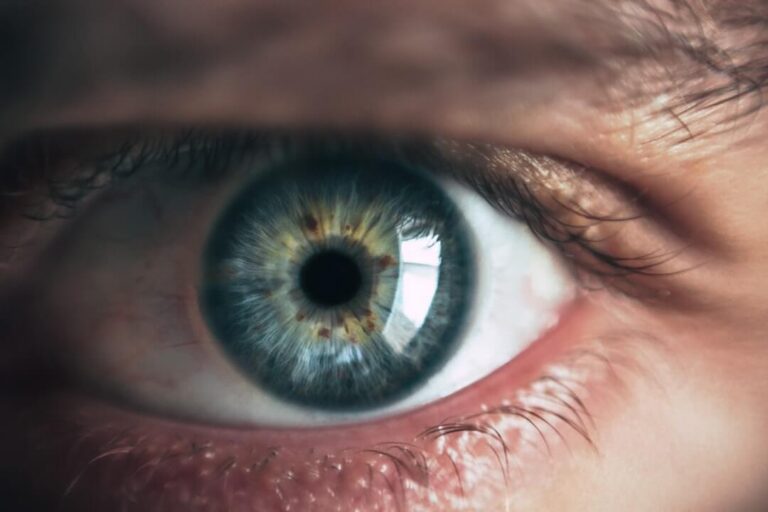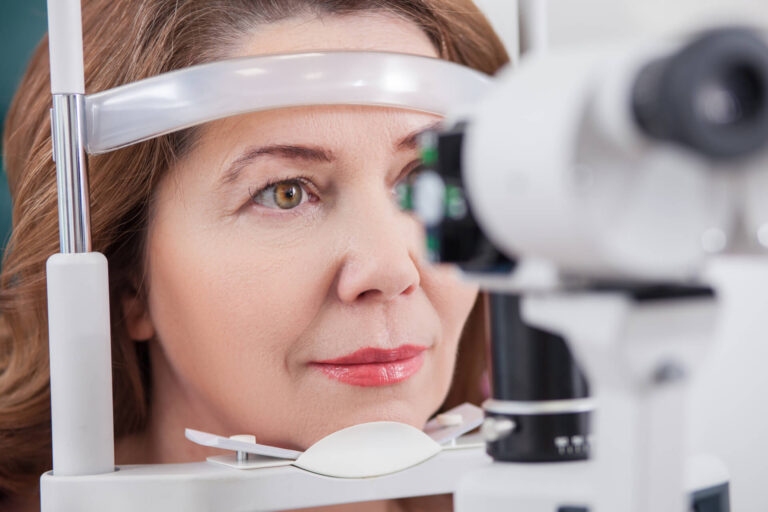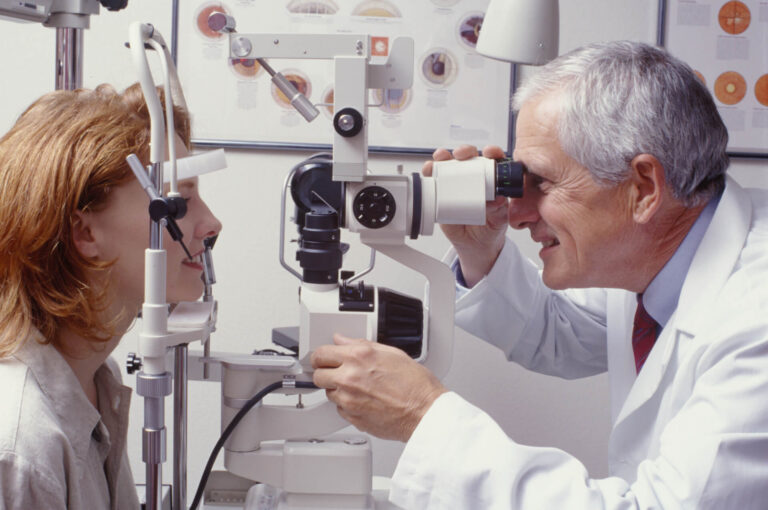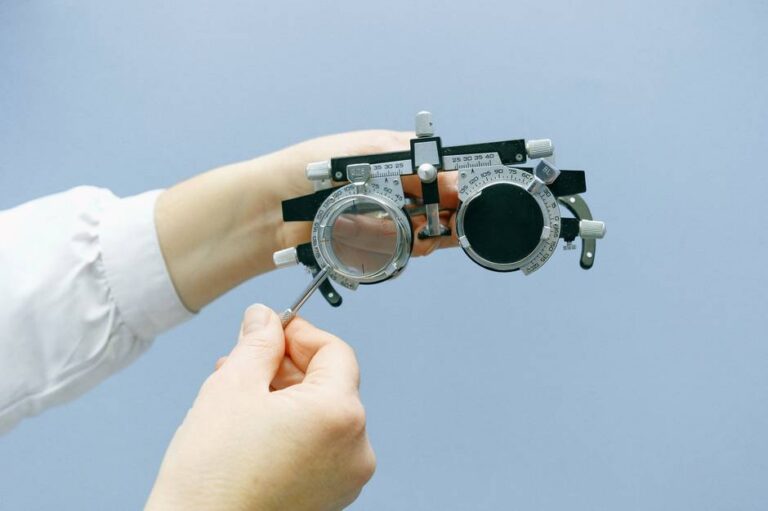Lexington Eye Care Services: Our Most Frequently Asked Questions
Posted by: Kentucky Eye Institute in General Eye Health
Have you gone to the eye doctor recently? If it has been a while since you have gone, it can be slightly overwhelming. You might have a lot of questions about how to prepare and what to expect. Do you have questions about eye care services? Get answers in this FAQ roundup so you can…
Read MoreHow to Pick Your Eye Doctor in Lexington
Posted by: Kentucky Eye Institute in General Eye Health
Are you experiencing vision changes, eye pain, or headaches? Are you wondering if it’s time to choose an eye doctor in Lexington? A qualified eye doctor can help you get the right pair of glasses or medication if you aren’t seeing the way you used to. They can also help with conditions like glaucoma or…
Read MoreDo You Have These Five Early Signs of Glaucoma?
Posted by: Kentucky Eye Institute in Glaucoma
As of 2020, approximately 3 million Americans live with glaucoma. Sadly, while glaucoma is the second leading reason why people become blind globally, only half of the people with the condition are aware they have it. The best way to fight glaucoma is to know as much about the condition as possible. In this article,…
Read More8 Important Ways Your Diet Affects Your Eye Health
Posted by: Kentucky Eye Institute in General Eye Health
There are over 1 billion people across the globe who suffer from some sort of vision impairment. With so many of us dealing with eyesight issues, you may be wondering what you can do to take better care of the one set of eyes we have. While carrots might not make your vision clear, diet…
Read MoreTaking Care of Eye Health in the Bluegrass Region
Posted by: Kentucky Eye Institute in General Eye Health
Eye health is so important. We only get one pair of eyes when we are born and they have to last us a lifetime. Most people understand the importance of taking care of their bodies. All of us go great lengths to stay slim, fit, strong, and heart-healthy; we watch what they eat and we exercise whenever we can. Most of us also…
Read More5 Retinal Disorders Your Lexington Eye Doctor Can Treat
Posted by: Kentucky Eye Institute in General Eye Health
Retinal disorders are the leading cause of blindness and vision impairment. And while there are over one billion people in the world who have some level of vision impairment, more than 80% of those impairments are treatable. This is why early identification and intervention is so important. Some people are at a higher risk of…
Read More10 Things Your Lexington Eye Doctor Wants You To Know
Posted by: Kentucky Eye Institute in General Eye Health
Did you know 35% of Americans skip the eye doctor because they don’t feel they need it? If you have been avoiding your yearly eye exams, it’s never too late to seek an eye doctor. Going to an eye doctor will not only keep your glasses prescription up to date, but it can also help…
Read MoreHow to Choose the Best Eye Doctor in Lexington
Posted by: Kentucky Eye Institute in General Eye Health
About 12 million people over the age of 40 in the US have a vision impairment. Meanwhile, almost 7% of children have a diagnosed eye and vision condition. Leaving your eye problems undetected can impact your day-to-day life by taking a social and economic toll. You might notice diminished productivity, suffering, disability, or reduced quality…
Read MoreTelehealth & Virtual Eye Exams: 3 Things to Know
Posted by: Kentucky Eye Institute in General Eye Health,Specialty Care,Vision Care
Telehealth & Virtual Eye Exams: 3 Things to Know In the midst of the Coronavirus pandemic, eye doctors are looking for ways to serve their patients through virtual eye exams. Many medical professionals are turning to virtual services in order to safely serve their patients while complying with CDC guidelines. At Kentucky Eye Institute, though…
Read MoreAmazing Adult Eye Care Tips And When To Go See The Doctor
Posted by: Kentucky Eye Institute in General Eye Health
When it comes to caring for our bodies, many of us tend to neglect our eyes. To put it simply, this is a huge mistake. After all, our eyes are our windows to the world. As such, failure to care for them properly could severely impair our well-being. The question is: what does adult eye care…
Read More
